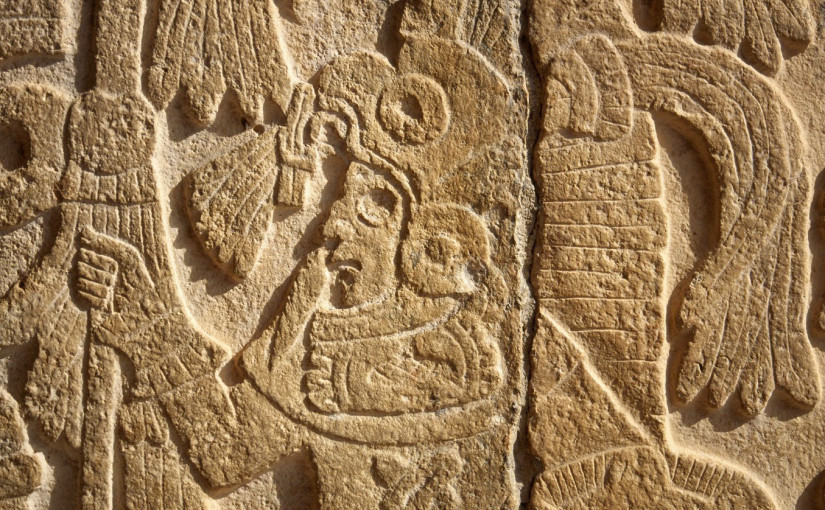Have you at some point thought that there is a streak of insanity that runs through the fabric of the universe? Philip K. Dick had several explanations about that. The first, and probably closest to his heart, was that the original Mind mourns after a woman who has died, and all of creation is awry because of that grief. Another is that the primordial Fall from grace was not a moral error, but one of intellect. And one may find the latter sounds unsatisfying. All the bad stuff that ever happened, because someone forgot to balance a checkbook? We shall return to that, but the former speculation: this does indeed seem to be the case of how things are.
When Lucifer decided to sin, in its most formidable cast, that urge did not sit idle, but its consequence bore fruit. When he sinned, he gave birth to Sin. This was the fruit of his overwhelming genius, and sad that is. Where nothing could go wrong, there in Heaven where God’s will is done as a matter of course, he invented Error. He invented Pain. And he, being the progenitor of same, he himself became Evil. This is in line with the writings of Milton, Paradise Lost, but it has its origin in the Bible: “Then, after desire has conceived, it gives birth to sin; and sin, when it is full-grown, gives birth to death.” [James 1:15, NIV] And the term, “playing God”—and how wrong that could possibly be—is most fit in describing this creation, Sin.
I wrote once: “imagine every fiber of your being twisting in agony; it gets worse if you move; it gets worse when you stop.” I had not realized it at the time I jotted that time, but such a tortured soul was what Sin was to be, behind her eyes. This was Error, this was Pain. So before the life could light within her, just at that moment, she was slain. And mercy it was. But this is the one whom we grieve, the woman that died, the innocent that died—for she was not given the chance at all. And this is an argument against the question of why does not God select them to be born who would not sin? Because everyone should get a chance, a real chance, if life were to be given to them. Sin’s life was zero sum: perfectly fair, no gain nor loss. Except the potential of what might have been. And that is real too; and this is why we grieve.
This was what was meant when the Lord said of the Devil that he was a murderer from the first. The Lord would not let the light behind the eyes, the life, suffer so catastrophically… Philip K. Dick said that the universe is a tale told of the one that was lost, and indeed, is it not so? Is it not a tale of sins, of pain, of mistakes—do we not relate to these ideas? It is of fruitless speculation to wonder how she would have turned out. There is no way to tell. As it stands, you may interact with Sin, and she will seem like she were of like any other spirit being, until you look into her eyes, and at the cores exist only vacuum. She reacts like she feels, but ultimately, there is nothing there that looks out.
So it was her body out of which God created all things material. Lucifer thought that by poisoning creation by the body of pain, of error, he was “salting the earth” as the saying goes, so that it would be impossible to build anything out of the watery chaos that that body was. But God wanted it that way, all creation the reminder of the one who was lost. That all might remember her. Indeed, it was impossible to build anything solid from the barely there watery chaos, but as we know, with God nothing is impossible. What you see all around you has this one thing in common: nothing is perfect. But there is so much beauty. This is what God can do with the body of Error itself.


